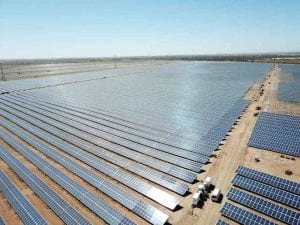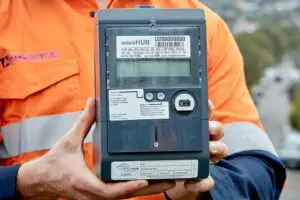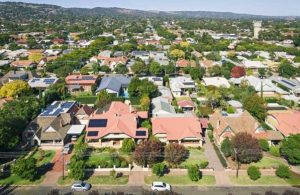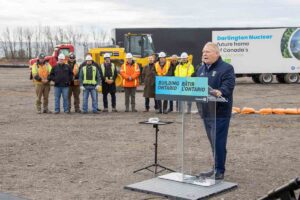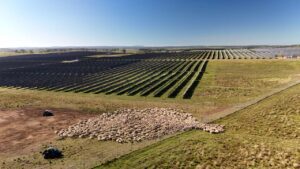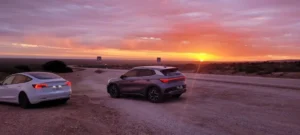Australia’s fleet of ageing thermal power stations will be asked to provide more clarity and explanation about anticipated outages as energy market regulators grapple with an increase in breakdowns and maintenance and the growth of wind and solar.
The Australian Energy Market Commission says it is worried about changing patterns in outages, both as a result of maintenance and as a result of “economic” choices, such as avoiding periods of low prices.
“Less flexible generators are changing their operating schedules as they near the end of their technical life,” AEMC chair Anna Collyer says in a statement accompanying the draft rule change that was published on Thursday.
The AEMC wants more clarity about forecast outages, including the reasons why generators may be offline and to provide an estimate of how quickly a generator could be brought back online.
Generators are already required provide estimates of the amount of generation capacity they can make available to the market each day, along with projections stretching out 36-month in advance – as part of the ‘medium-term projected assessment of system adequacy’, known as MT Pasa.
But regulators are seeking more detail the about the underlying causes of outages.
Under the proposed rule change, generators would be required to lodge a “reason” and a “recall time” when submitting their expected availability to provide an indication of their ability to return to operation should the need arise.
“When those generators signal the reasons for their outages, it will inform operational, policy and investment decisions across the marketplace as the energy transition continues,” Collyer says.
The rule change is a response to the growing number of thermal power stations approaching their retirement dates, with some generators being forced offline due to ailing equipment and others because they were becoming uneconomic to operate during certain periods.
Market regulators say there is a need to differentiate between outages triggered by necessary repair and maintenance works and those caused by economic factors.
“The lack of detailed information on generator availability is becoming an issue, where it has not been in the past, due to the ongoing transition in the power system,” the AEMC’s draft determination says.
“As older generators approach the end of their technical life, their operators may shift to cyclical operating regimes, opting only to generate for certain periods of the year to maximise their profitability.”
“This is due to large amounts of renewable energy generators entering the market and applying downward pressure on prices, especially at particular times of the day and year.”
“As more generators move to cyclical operating regimes the challenge of operating the power system to deliver reliable, secure supply is expected to grow.”
There has been a recent increase in the number of coal generators being forced offline as a result of technical faults, including a unit at AGL’s Loy Yang A that has been rendered offline for the second time in three years and the dramatic failure of the Callide C coal fired power station last year.
Other power stations have changed their operational patterns in response to the growth of renewables, such as Origin Energy’s Eraring power station, which is now facing an early retirement because its economic feasibility has been eroded by the growth of lower cost solar during the middle of the day.
The AEMC says collecting additional information from generators about planned outages will assist in long-term energy market planning.
“With this new information we aim to create a central, standardised, more granular and public data set on generator availability,” Collyer said.
“It would give participants, market bodies, policymakers and other interested stakeholders a better understanding of, and confidence in, the future reliability of the power system as we transition away from traditional generators.”
“Ultimately, it supports a more coordinated approach to delivering a lower-emissions electricity system that is reliable and affordable.”


